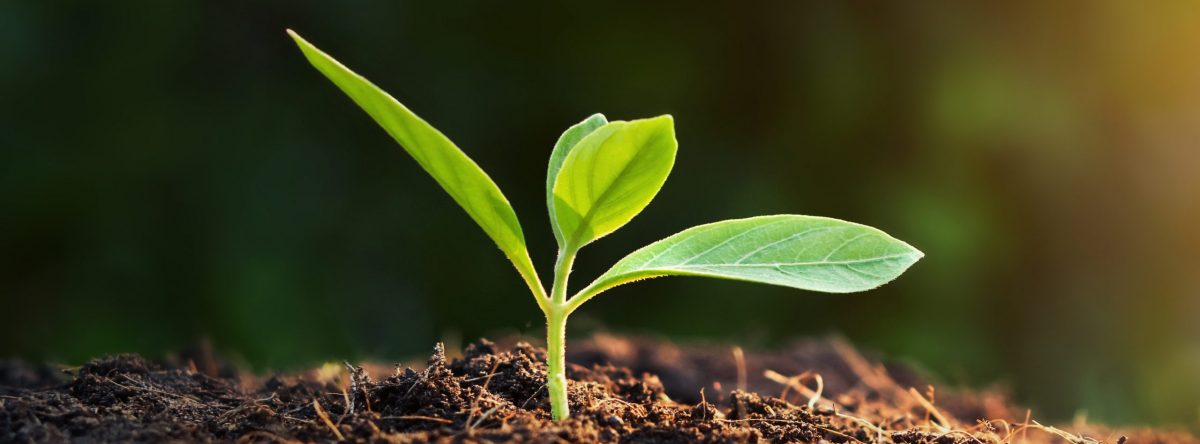Resilience against climate change will be a focus of a new research project on the seed microbiome by AgResearch scientists and French counterparts.
More than 30 French and New Zealand scientists will begin work this year on 12 collaborative projects intended to develop new knowledge and lead to practical applications in both countries, Science New Zealand announced today.
The projects are the first under a multi-year co-operation agreement between France’s largest agricultural and environmental research organisation (INRAE) and Science New Zealand on behalf of the Crown Research Institutes.
One of those collaborative projects is “Determining the Seed Microbiome of Cultivated Crops Required for Plant Resilience,” led by AgResearch scientist Dr Sandeep Kumar, and Dr Matthieu Barret from INRAE in France.
Dr Kumar says the project aims to explore the role of the seed microbiome (the community of tiny microbes such as bacteria, fungi, viruses that live in the seed) in making cultivated crops more resilient against challenges posed by climate change and agrichemical dependency.
“We want to identify and understand those beneficial microbes from the seeds of domesticated crop species and their wild relatives. From there, the goal will be to develop enhanced communities of microbes that we can add to the seed to boost the yield of important crops and bolster their ability to handle stresses that they will face, such as a warming climate.”
Dr Kumar brings expertise in endophyte discovery and microbiome research to the collaboration, while Dr Barret heads the EmerSys Group at INRAE, focusing on the emergence, systematics, and ecology of plant-associated bacteria. The pair will also use cutting-edge molecular and genomic techniques to advance their research.
The project will involve reciprocal visits between the researchers, planning for targeted workshops, and the co-writing of a white paper to outline strategies for future joint research endeavours.
“In the bigger picture, we want to open new pathways for sustainable agricultural practices by making use of the capability of these natural microorganisms to support plant growth and disease protection,” Dr Kumar says.
“Ultimately, this means contributing to global food security in the face of environmental challenges.”
The Science New Zealand statement on the broader partnerships between New Zealand and French scientists can be viewed here.
Source: AgResearch












